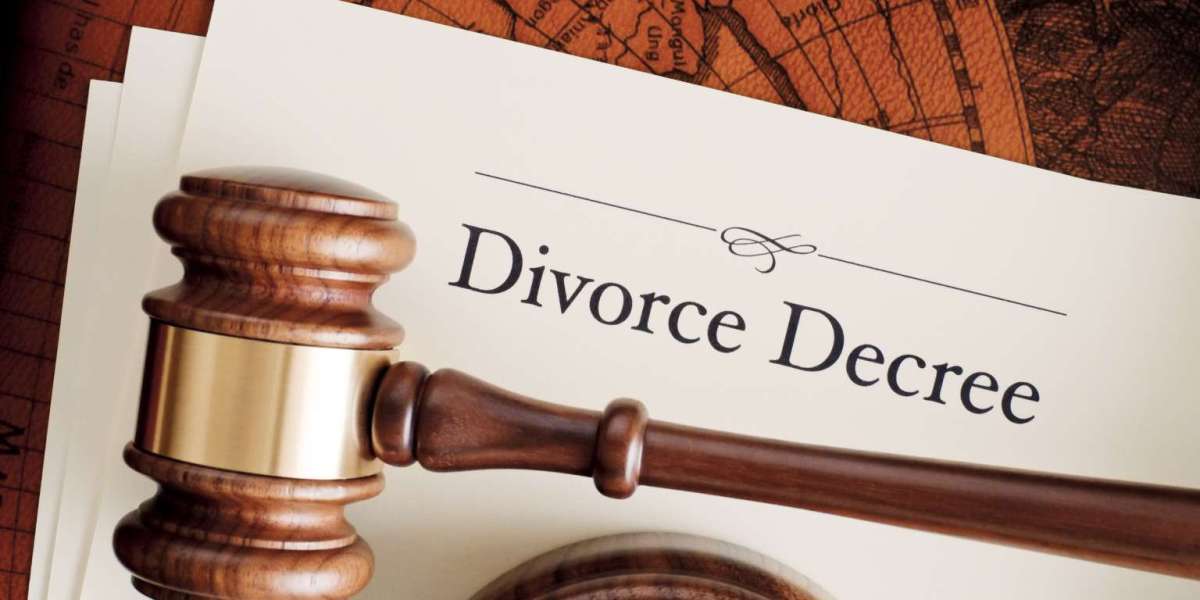Divorce is a challenging journey, and when intertwined with the complexities of inheritance, the legal landscape becomes even more intricate. Understanding how inheritance factors into divorce proceedings in New York is crucial for individuals facing the dissolution of their marriage. In this comprehensive guide, we'll explore the key considerations, legal nuances, and strategic approaches to navigate the intersection of inheritance and divorce in the Empire State.
- Distinguishing Separate and Marital Property:
New York operates under the principle of equitable distribution, categorizing assets as either separate or marital. Inherited assets are generally considered separate property if acquired before the marriage or received as an inheritance during the marriage. However, the distinction becomes nuanced when assets are commingled or contribute to the marital estate.
- Commingling of Assets:
Commingling occurs when inherited funds or assets become intertwined with marital property. For example, placing inherited funds into a joint bank account or using them to purchase a marital home can complicate their classification. To safeguard the separate nature of inherited assets, individuals must be vigilant about preventing commingling and maintaining clear records.
- Documentation and Records:
Meticulous documentation is the cornerstone of protecting inherited assets during divorce proceedings. Wills, probate documents, and any communication confirming the inheritance should be preserved. Establishing a clear trail that highlights the origin and nature of inherited assets is essential for convincing the court of their separate status.
- Prenuptial and Postnuptial Agreements:
To proactively address the treatment of inheritance in the event of divorce, couples can enter into prenuptial or postnuptial agreements. These legal documents allow spouses to define how assets, including inheritances, will be handled. Crafting a well-drafted agreement tailored to New York's laws ensures clarity and minimizes potential disputes during divorce proceedings.
- Spousal Support Considerations:
While New York law generally exempts inherited assets from equitable distribution, their treatment may differ when it comes to spousal support. If the court determines that one spouse's inheritance significantly impacts their financial standing, it may influence spousal support decisions. Careful consideration of these factors is vital when strategizing for a fair and just outcome.
- Increase in Value:
Although the original Inheritance Divorce New York may be classified as separate property, any increase in value during the marriage could be subject to equitable distribution. For instance, if inherited funds are invested, and the investment appreciates, the appreciation may be considered marital property. Calculating the extent of appreciation and its treatment in divorce proceedings can be intricate.
- Child Custody and Support:
In matters of child custody and support, inheritance typically does not play a direct role. New York courts prioritize the best interests of the child, focusing on factors such as parental involvement, stability, and financial capabilities. The treatment of inheritance in child-related decisions depends more on the parents' overall financial circumstances.
- Contested vs. Uncontested Divorce:
Whether the divorce is contested or uncontested can significantly impact how inheritance is handled. In an uncontested divorce, where both parties agree on the terms, the court is likely to honor their mutual agreement regarding the treatment of inherited assets. In a contested divorce, the court may need to intervene and make decisions based on the evidence presented.
- Legal Counsel:
Given the intricate nature of inheritance and divorce in New York, seeking legal counsel is paramount. Experienced family law attorneys can provide guidance on the specific laws and precedents relevant to the case, helping individuals navigate the complexities and protect their rights throughout the divorce process.
- Emotional Well-being:
Beyond the legal aspects, it's crucial to prioritize emotional well-being during divorce proceedings involving inheritance. The emotional toll of both divorce and managing inherited assets can be overwhelming. Seeking support from friends, family, or professionals can contribute to a healthier coping process.
In conclusion, navigating the intersection of Inheritance and Divorce in New York requires a combination of legal acumen, strategic planning, and emotional resilience. From distinguishing separate and marital property to considering the impact on spousal support and child custody, a well-informed approach is essential. Seeking legal counsel and prioritizing emotional well-being can pave the way for a smoother journey through the complexities of divorce and inheritance in the Empire State.



